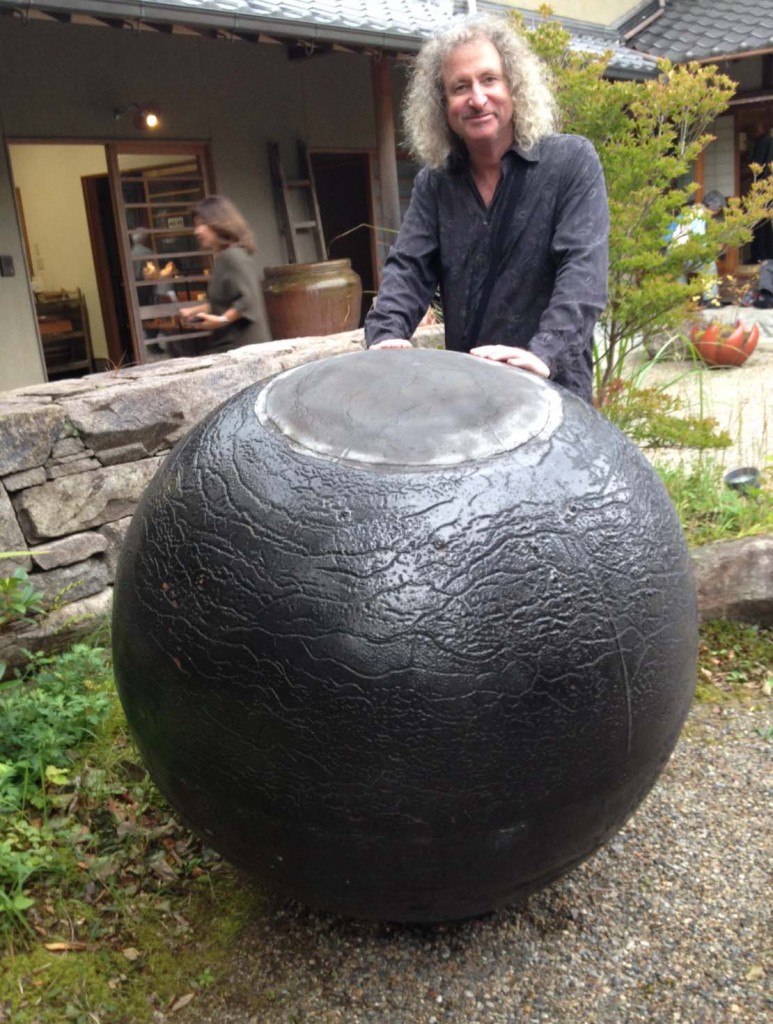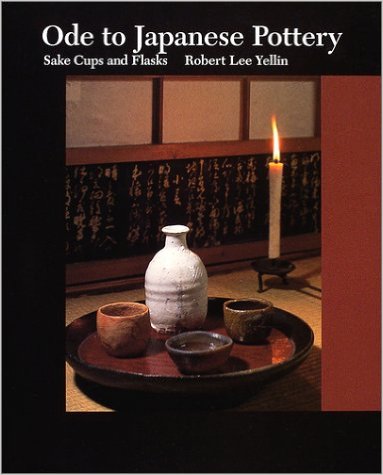
Ode to Japanese Pottery was published first in Japanese in 1995 by the now defunct 光芸出版 and later in English in 2004 by Coherence. I wrote this book for a Japanese audience when I was still a collector, writing my Ceramic Scene column for The Japan Times and teaching at Aoyama University, among other places. I dedicated the book to my parents, and just this month my dear mother at 85 ‘took flight.’ She loved Japan and after I gave her a Bizen yunomi she could never drink tea from a machine-made mug again.
************
“Living with Japanese pottery has opened my eyes to a world of beauty and thought. It has guided my senses and spirit to an understanding of daily living as an opportunity to experience the divine in the routine motions of daily life. Using Japanese pottery has allowed me to appreciate everyday crafts that when properly arranged and balanced enter into the realm of art and seep into one’s life and personality. It has been this way for centuries in Japan and continues into the present.
There are forms of pottery in Japan that have changed little for hundreds of years. Yet there are potters living today who do not make academic copies of the ancient masterpieces, yet who infuse into the flowing tradition an expression of the present age. These are the potters whose pieces I have sought out, potters who carry on a dialogue with the masters of centuries past. In this way pottery of eternal beauty is born. These pieces I bring into my daily life and as such a simple and profound beauty has seeped into my soul.
This is the wisdom to be found in the Way of Tea and the Japanese culture of food. Unfortunately, many Japanese have forgotten their own culture and surround their lives with machine-man objects. Such objects made not from the soul but from the mind of business, indeed useful objects on one level yet certainly not made to uplift the spirit.
Yanagi Soetsu, the founder of the Mingei movement, wrote in his classic book The Unknown Craftsman, “On reflection, one must conclude that in bringing cheap and useful goods to the average household, industrialism has been a service to mankind, but at the cost of the heart, of warmth, friendliness and beauty.” And I would like to add to these words “at the expense of nature and the precious resources of this glorious yet fragile home we all share, Earth. If we use objects in our daily life that move the heart and help us to transcend our daily routines and thinking, we may be able to lift our spirits to a plane that will incorporate caring for the earth as part of our limited existence. And nothing seems to be more appropriate than using pottery, which brings together earth, air, fire and water, the very elements that gave us life.”………..
A partial backlog of my Japan Times column can be found here.

